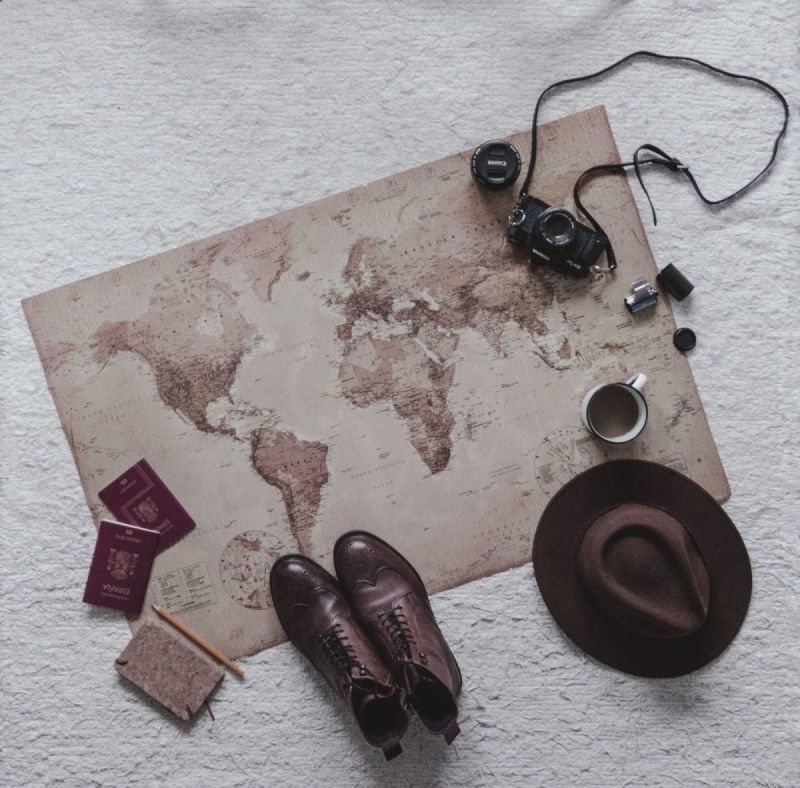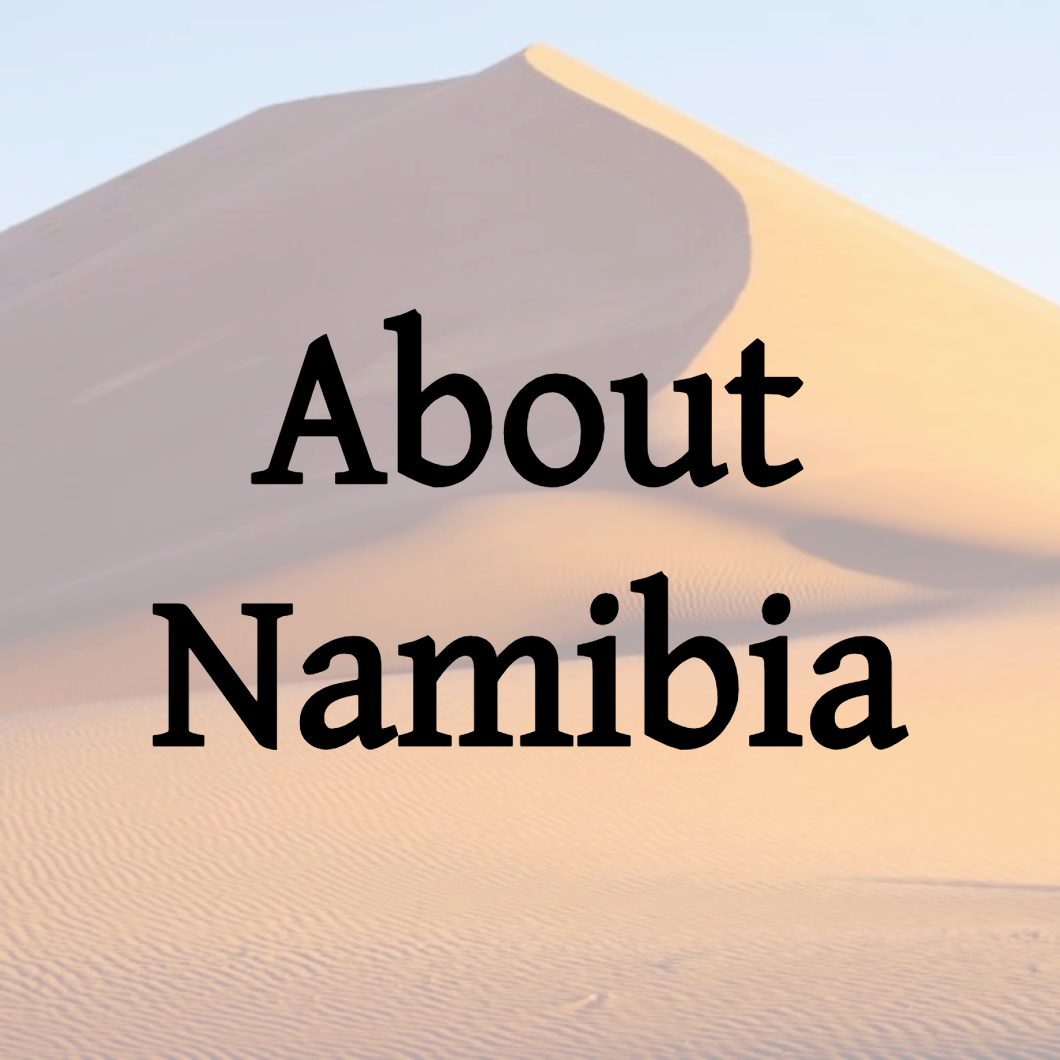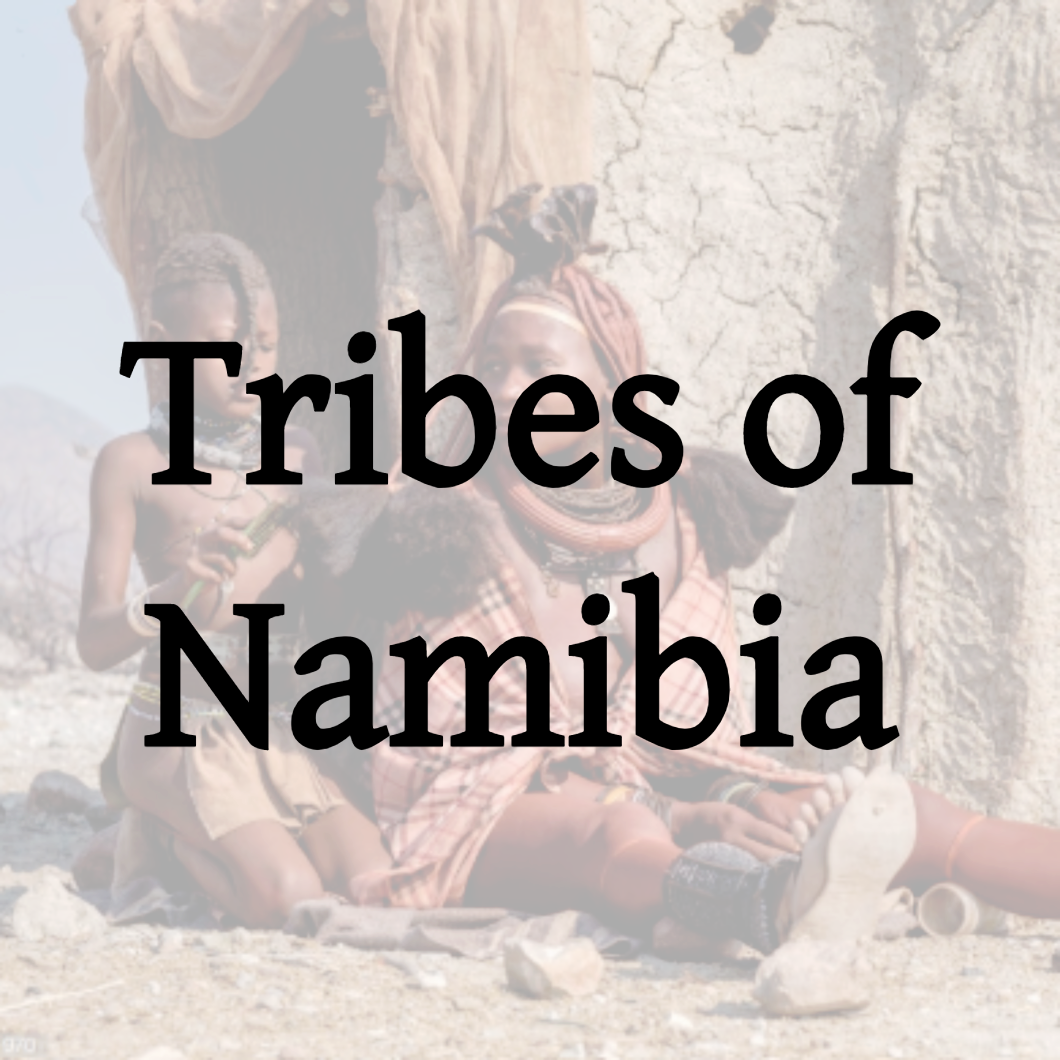Health & Travel Information

Health and safety? How to get there? Visas? Currency?
Namibia is one of most ultimate safari destinations where you can experience and come across the wild of Africa: landscapes are varied and surreal, desert-adapted species living in harsh environments and some of the oldest indigenous people in the world.
It is relatively easy to connect to Namibia. There are daily flights connecting to Windhoek (WDH) from Europe / US daily as well as from other African cities and Safari destinations. Depending on the arrival time to Windhoek and connecting flights to other destinations it might be required to overnight in the Capital city.
Citizens of most countries are eligible to stay in Namibia for up to 90 days. Visitors must provide a passport with 3 or more blank consecutive pages and a validity of at least 6 months on the day of departure.
Any minors (under 18) entering Namibia are required to show a valid passport together with an unabridged certificate stating both names of the parents. If only one of the parents is accompanying the child, an affidavit from the other parent will be needed giving permission for the kid to travel. They might not ask for this documents on arrival but will definitely be required if requested.
We always recommend you touch base with your local Namibian Embassy to ensure you have all the documents you require, formalities change from time to time and Embassies will always be aware of the most recent regulations.
Furthermore we also advise that any time you travel you make two copies of all your documents (passports, travel itineraries & airline tickets, credit cards, insurance cover, visas, etc.). Leave one set home and travel with a second one, always keep the copies in a different place from the originals. If travelling with foreign currency it can also be beneficial to keep the serial numbers of each note noted, in case of theft authorities have a better chance to track the notes when they are given at FOREX establishments. Also travel with cash and at least two cards kept in separate spaces.
Although Namibia is a very stable and safe country, you have to take some precautions before you travel:
It is recommended to take antimalarial medicine if you are going to certain areas of the country. Although the chances of contracting the disease are low, malaria is prevalent in some places.
Also, if you are coming from or have transited through countries where yellow fever is endemic, you have to show proof of the yellow fever vaccination card.
We recommend you visit a physician at least 6 weeks before you travel to ensure all your documents are up to date. Your vaccine and medication requirements depend of your country of origin and/or previously visited countries.
Currency in Namibia is the Namibian Dollar (NAD), the USD is also accepted in some places. You may acquire Namibian Rands at any FOREX establishment, major currencies are accepted (EU, USD, GBP). Ensure your notes are of a recent year and have no damages or marks. ATMs are available in all major airports, cities and towns. Check for charges with your bank before travelling. VISA and Mastercard are widely accepted, American Express has little to no coverage. It is recommended you travel with cash for small shopping, little establishments or tipping.





